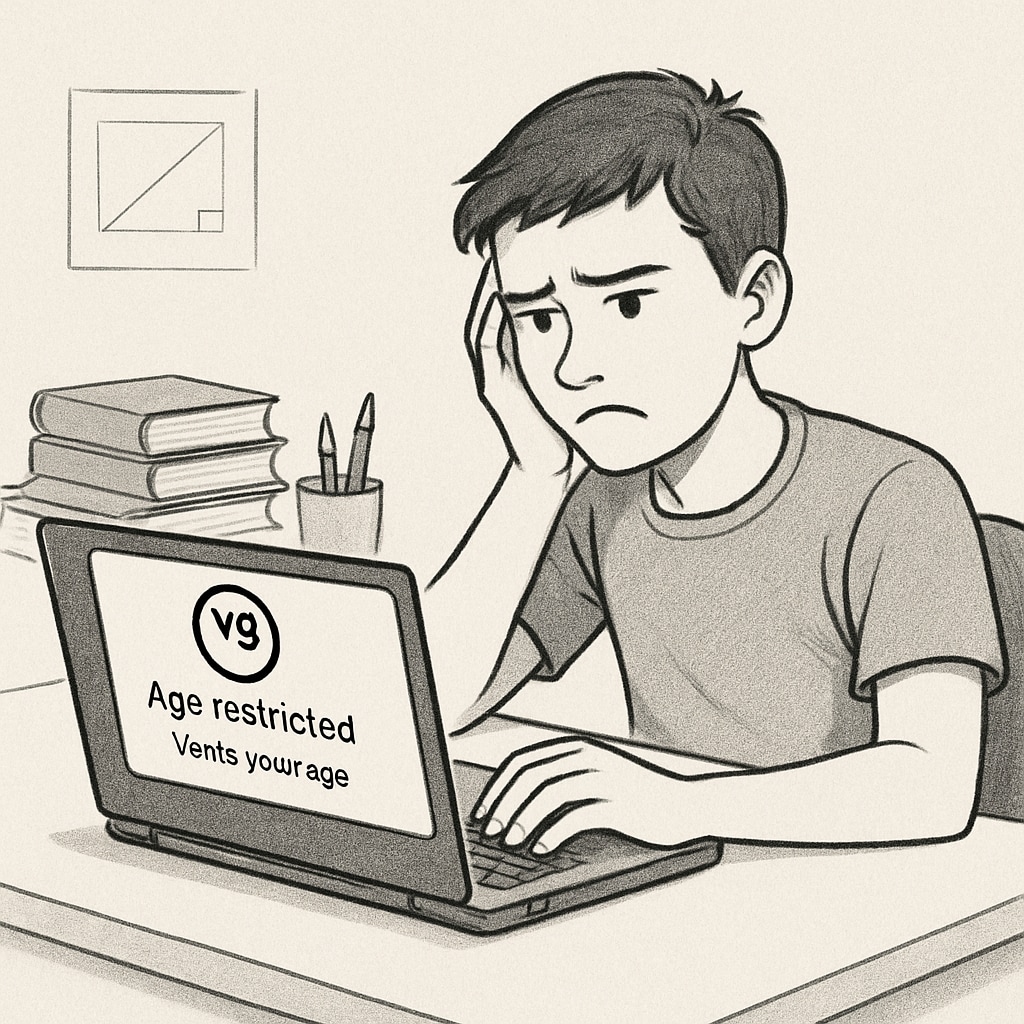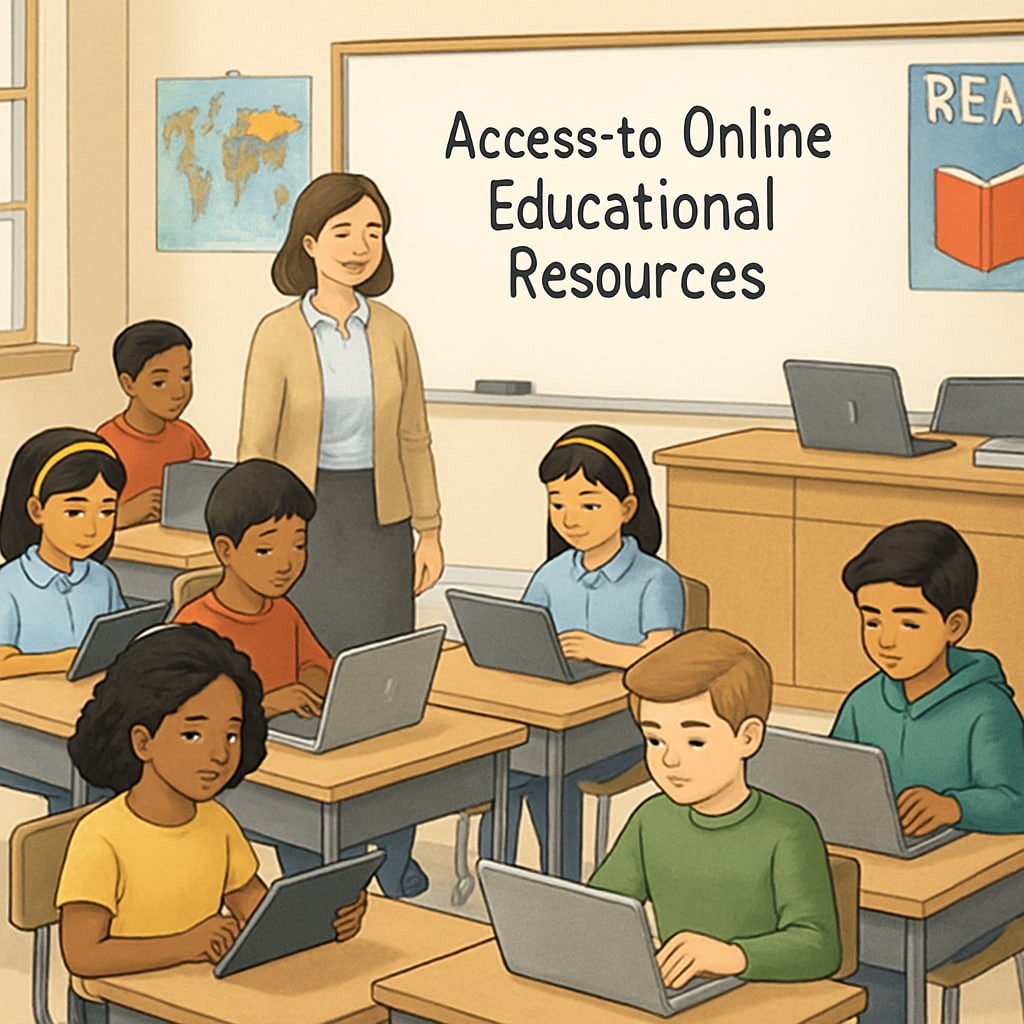In an effort to safeguard minors from inappropriate online content, several U.S. state governments have recently implemented stringent age verification laws. While these regulations are well-intentioned, they raise significant concerns about their unintended consequences for K12 students. By limiting access to certain online materials, these laws could inadvertently hinder students’ ability to obtain knowledge and access educational resources. This article examines the implications of these policies and how educators, parents, and policymakers can strike a balance between protection and empowerment.
The Purpose Behind Age Verification Laws
Age verification laws are designed to prevent minors from encountering harmful or explicit content online. States such as Louisiana, Utah, and Arkansas have introduced measures requiring websites to implement stricter controls to verify the age of their users. Proponents of these laws argue that they are essential for protecting minors from exposure to adult content, cyberbullying, and other online risks.

However, these laws often rely on mechanisms such as government-issued identification or third-party verification systems, which can create barriers for younger users. For K12 students, this could mean restricted access to important educational tools, research databases, or even digital libraries that inadvertently fall under these regulations.
Unintended Consequences for K12 Education
One of the most concerning aspects of these laws is their potential impact on K12 students’ learning environments. Many educational resources, including platforms for science, history, and literature, could be subject to restrictions under these laws. As a result, students might face delays or outright denials in accessing content that is critical for their academic growth.
For example:
- Students researching sensitive topics like mental health or sexual education may struggle to access accurate information.
- Online libraries and academic journals could require cumbersome verification processes, discouraging usage.
- Teachers and educators might need to spend additional time vetting resources that comply with state regulations.
These challenges are particularly significant for low-income students who may rely heavily on free online resources for their education. Restricting access could exacerbate educational inequities and limit opportunities for academic success.

Finding a Balance Between Protection and Access
While the intention behind age verification laws is commendable, their implementation must account for the diverse needs of students and educators. Policymakers can explore solutions that balance safety with accessibility:
- Educational exemptions: Specific provisions could be made to exempt educational websites and resources from strict age verification requirements.
- Parental controls: Empower parents to manage their children’s online activities through customizable settings, reducing the need for blanket restrictions.
- Improved verification systems: Develop less intrusive methods for verifying age that do not rely on sensitive personal data.
- Collaborative policymaking: Involve educators, students, and parents in the decision-making process to ensure policies address actual needs without compromising learning.
As a result, states can implement measures that protect minors while still allowing them to engage with the digital resources essential for their education.
Conclusion: The Future of Digital Education
The rise of age verification laws reflects a growing concern about online safety, but their impact on K12 education cannot be overlooked. Limiting access to educational materials risks creating barriers to knowledge that could stifle academic growth and innovation. Policymakers must carefully consider how to implement these laws without compromising the educational opportunities of the next generation. By fostering collaboration among educators, parents, and legislators, a more balanced approach can be achieved—one that protects minors while empowering them to learn and thrive in the digital age.
Age verification, internet restrictions, and content access are complex issues, but thoughtful policymaking can lead to solutions that benefit both safety and education. For more on the broader implications of digital policy, visit Internet censorship on Wikipedia or Internet policy on Britannica.


